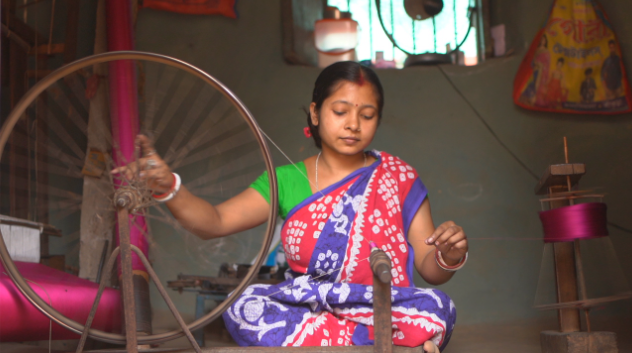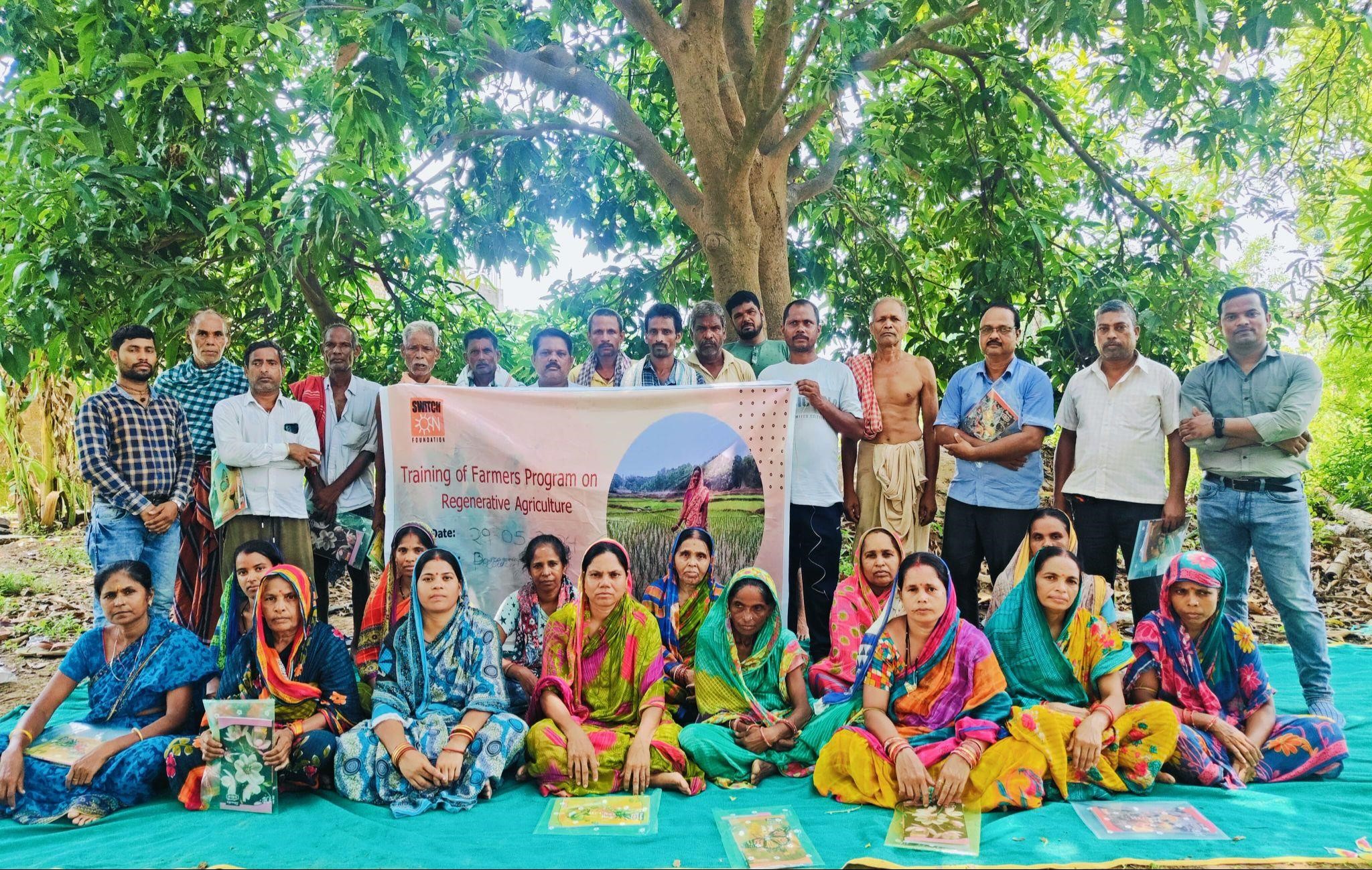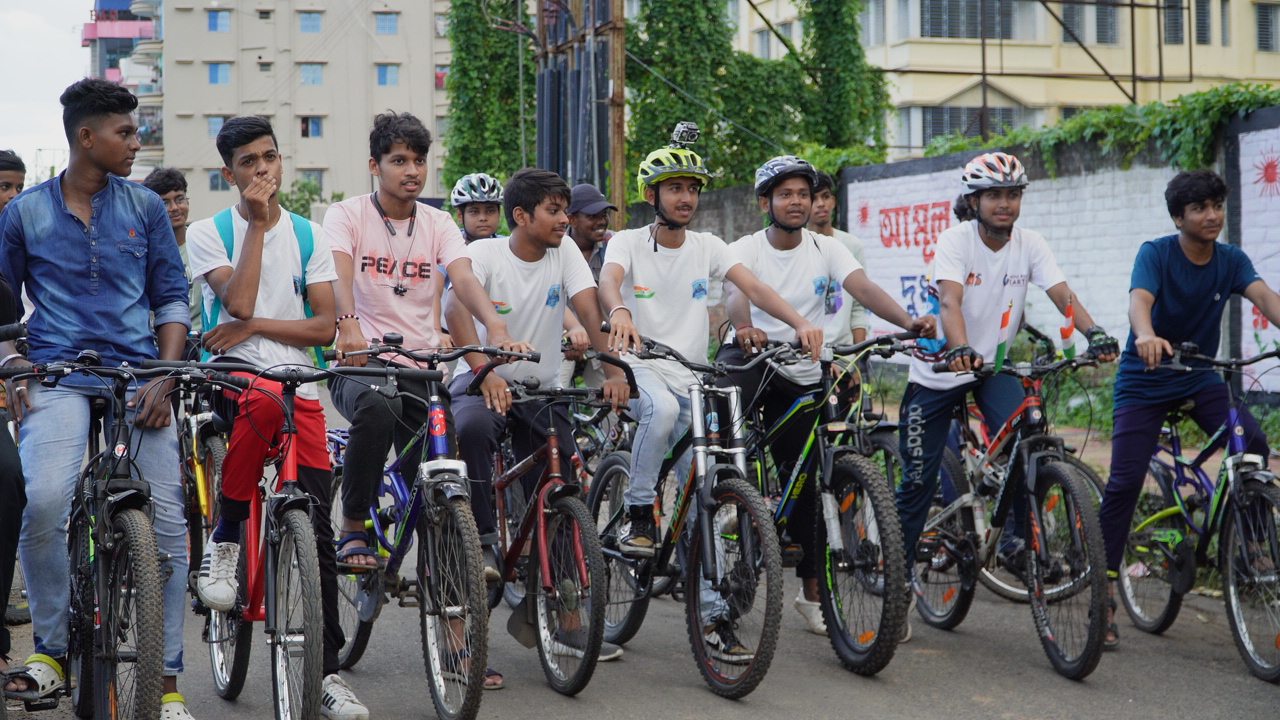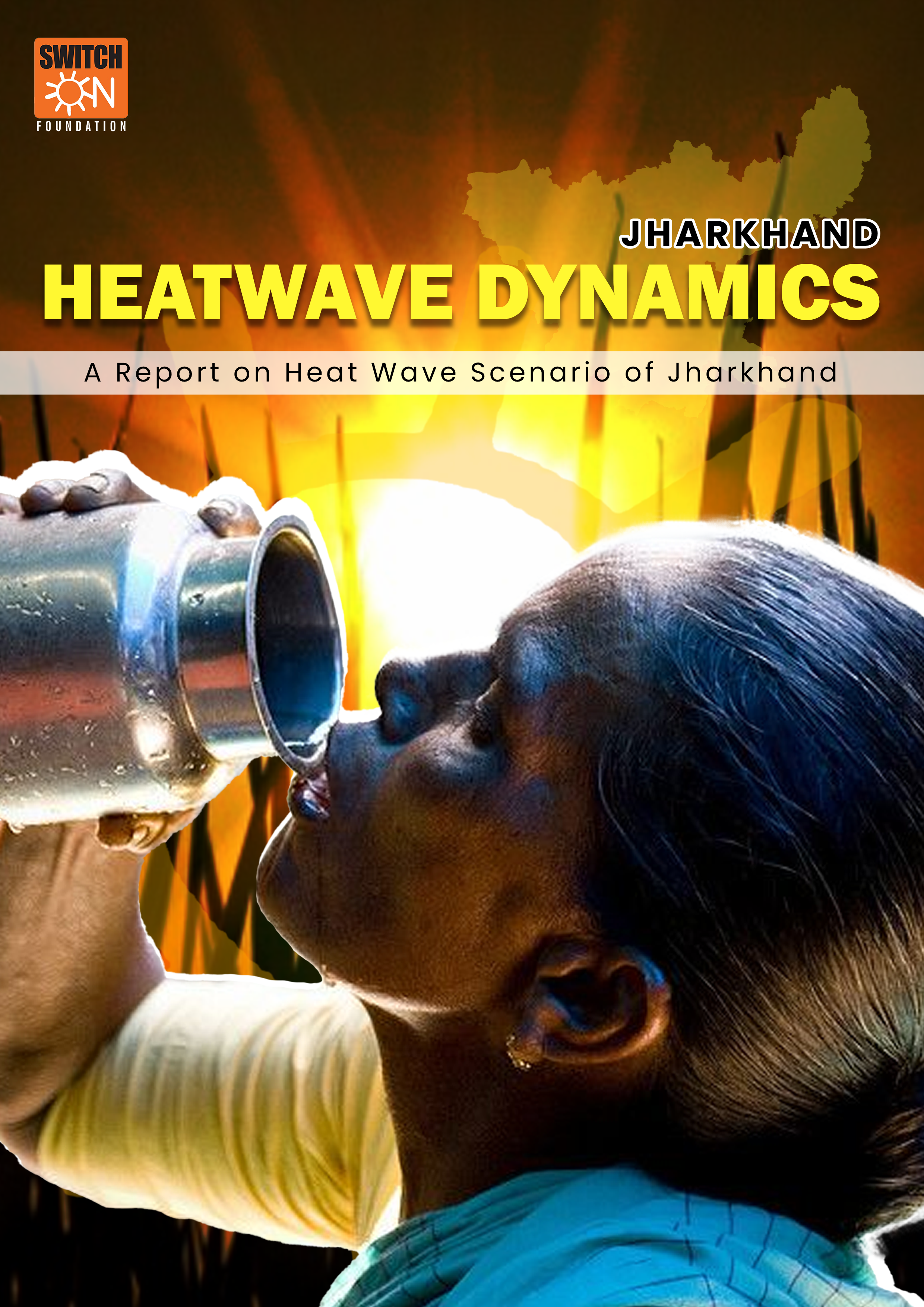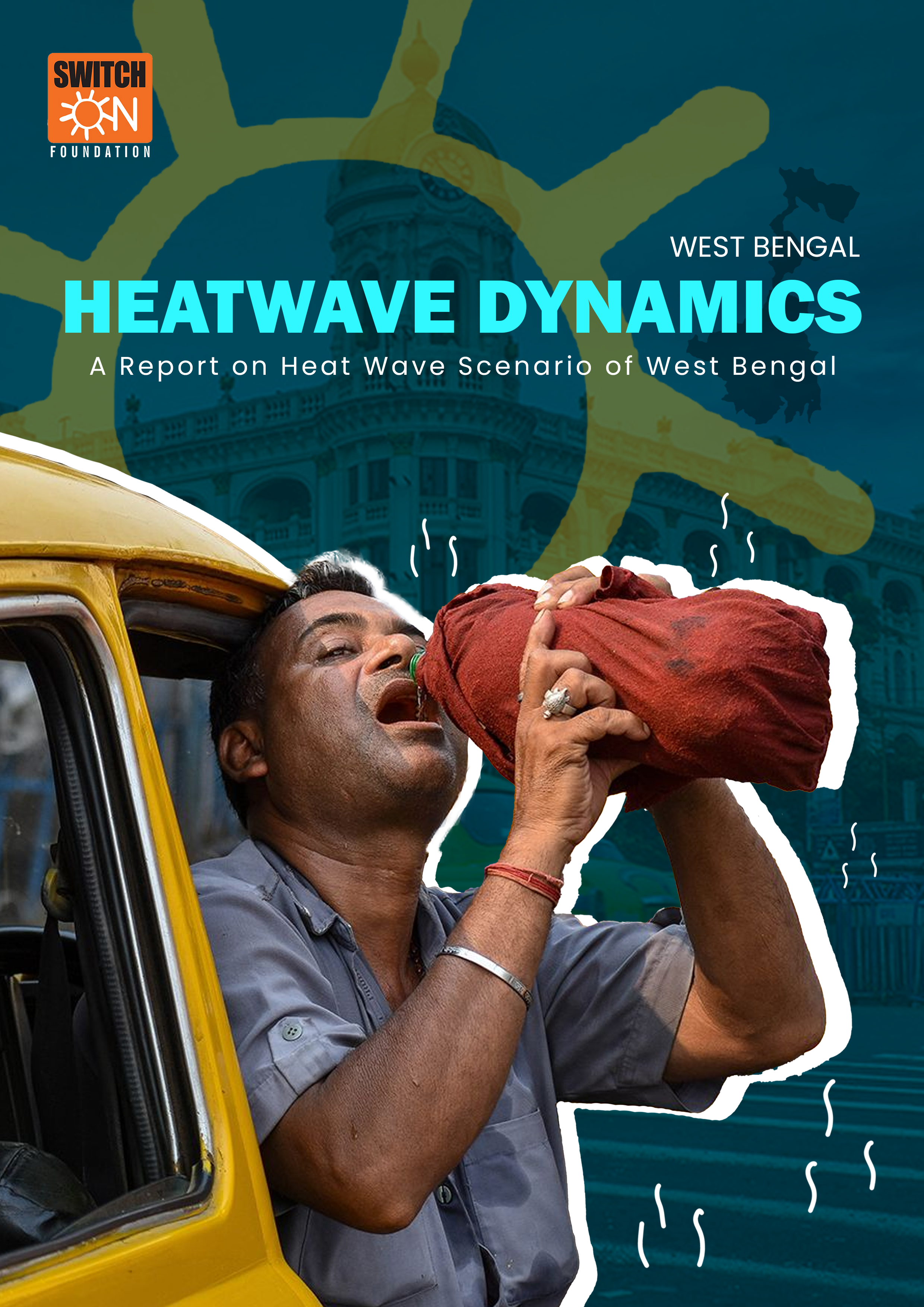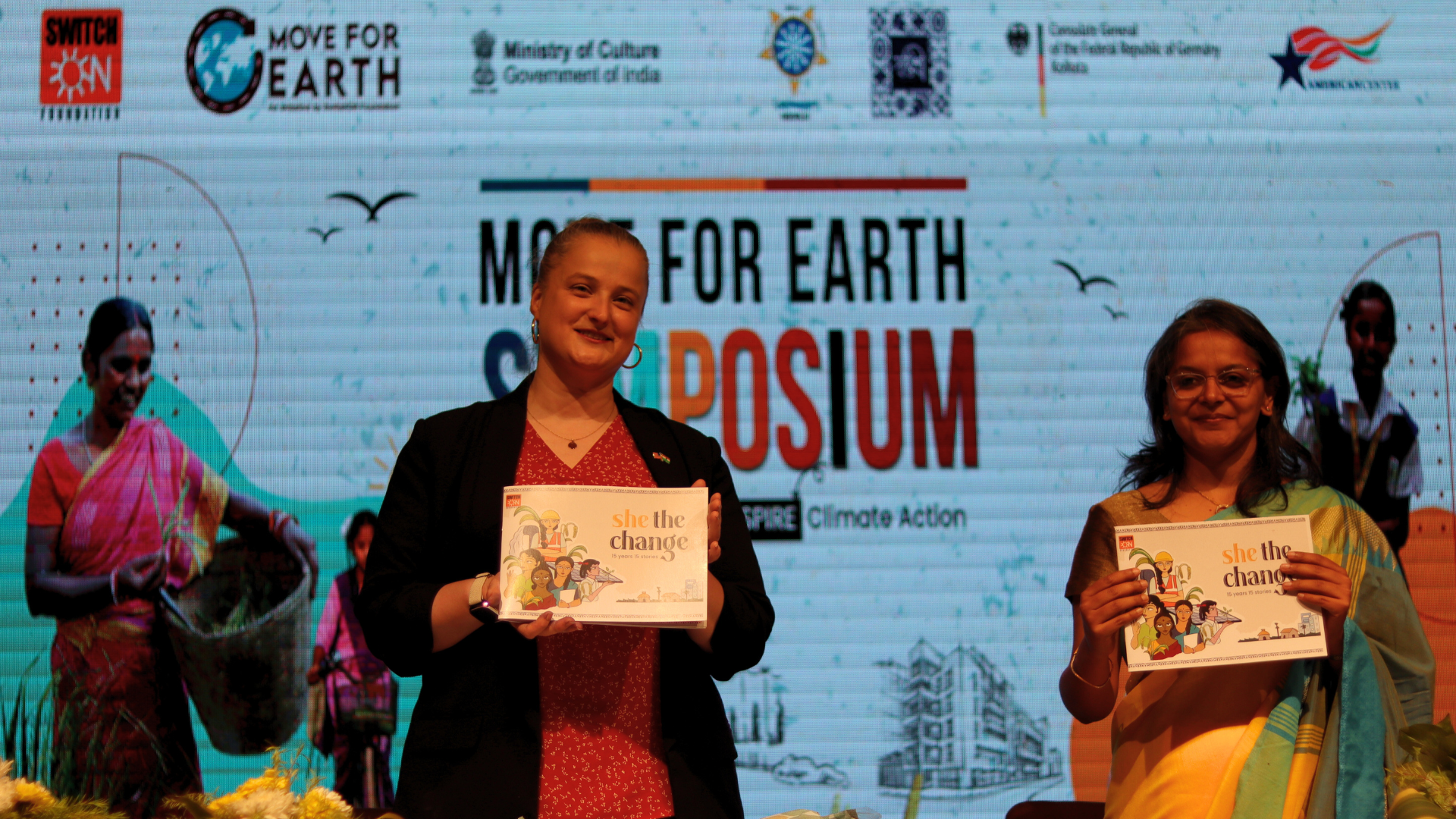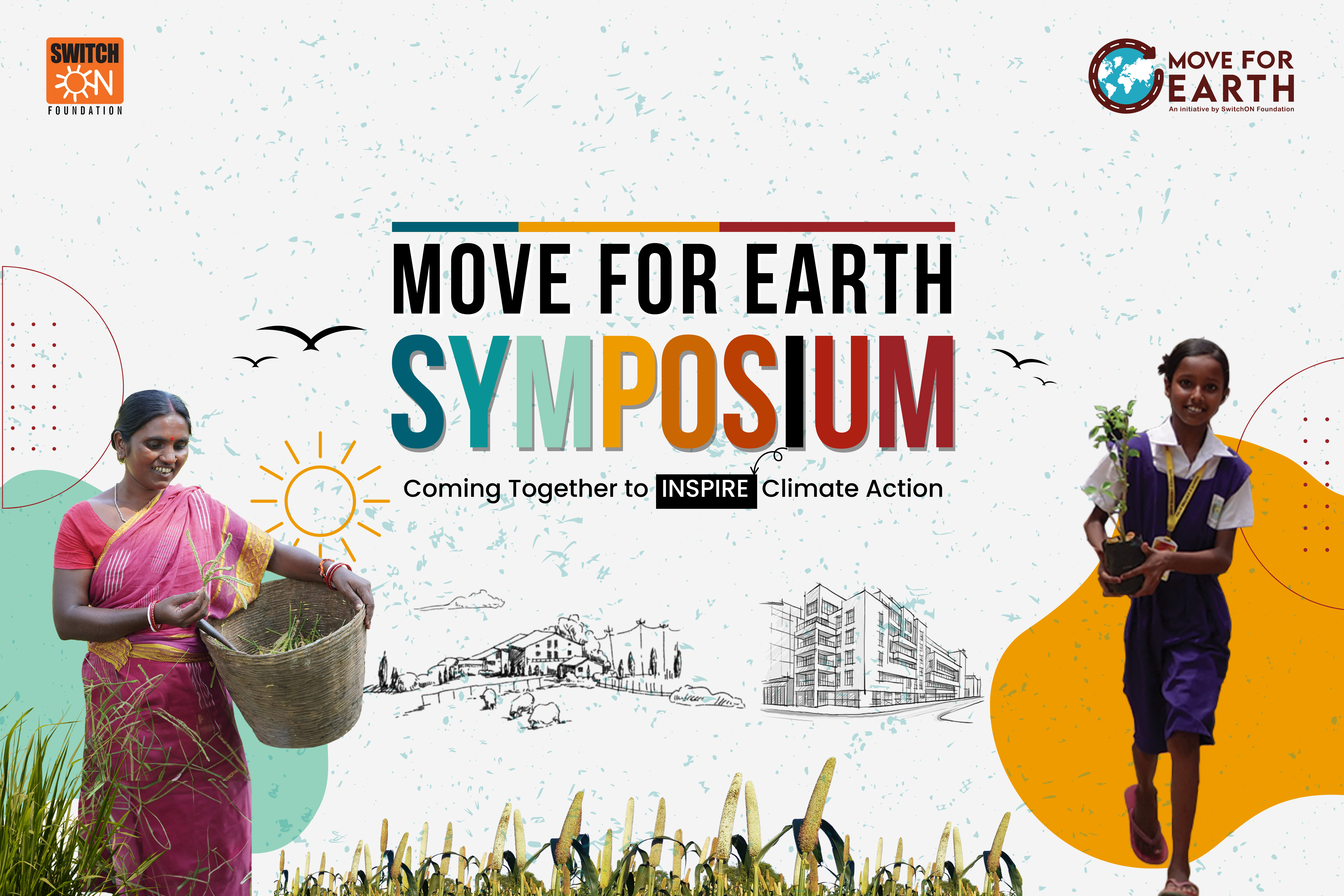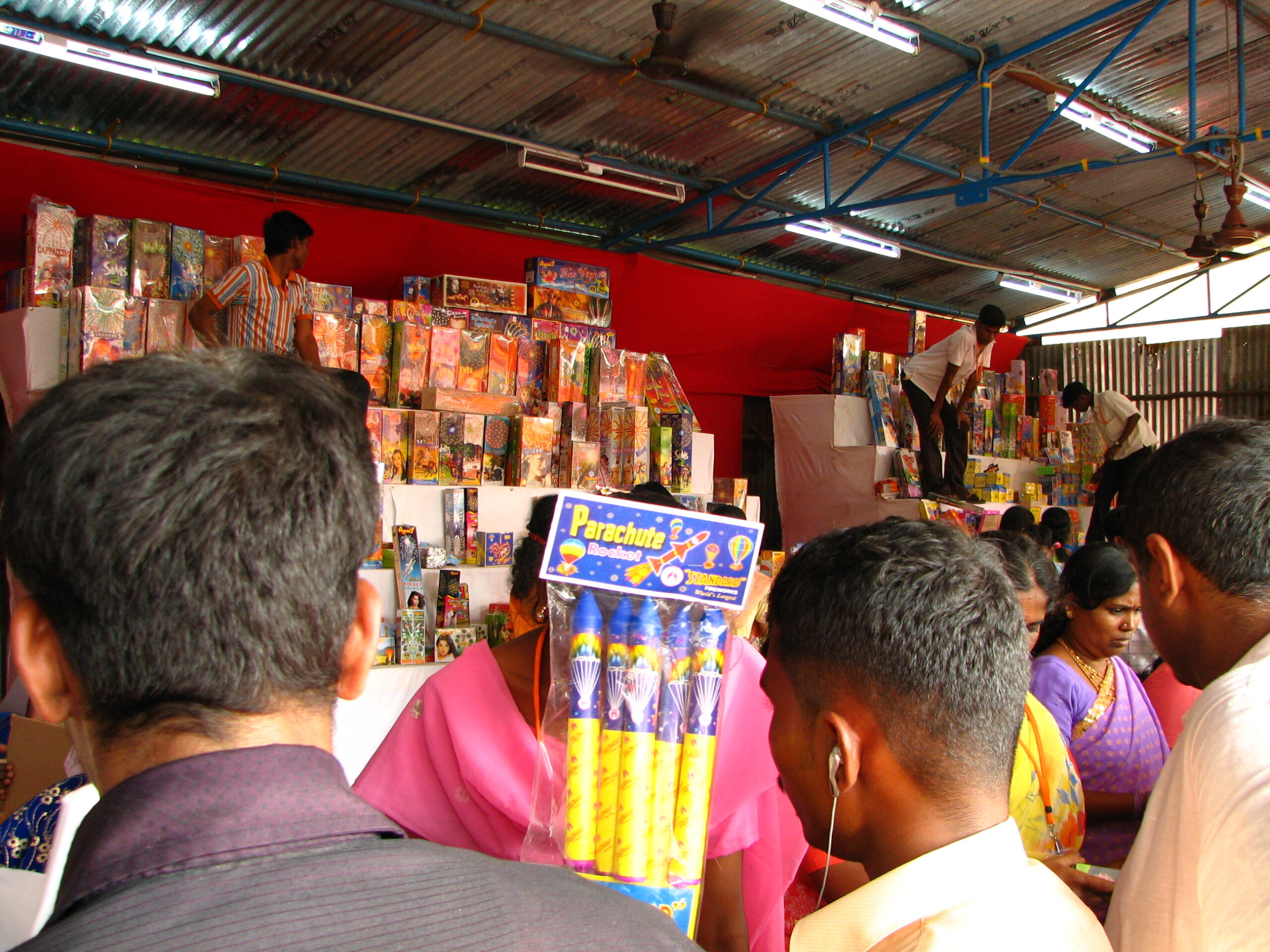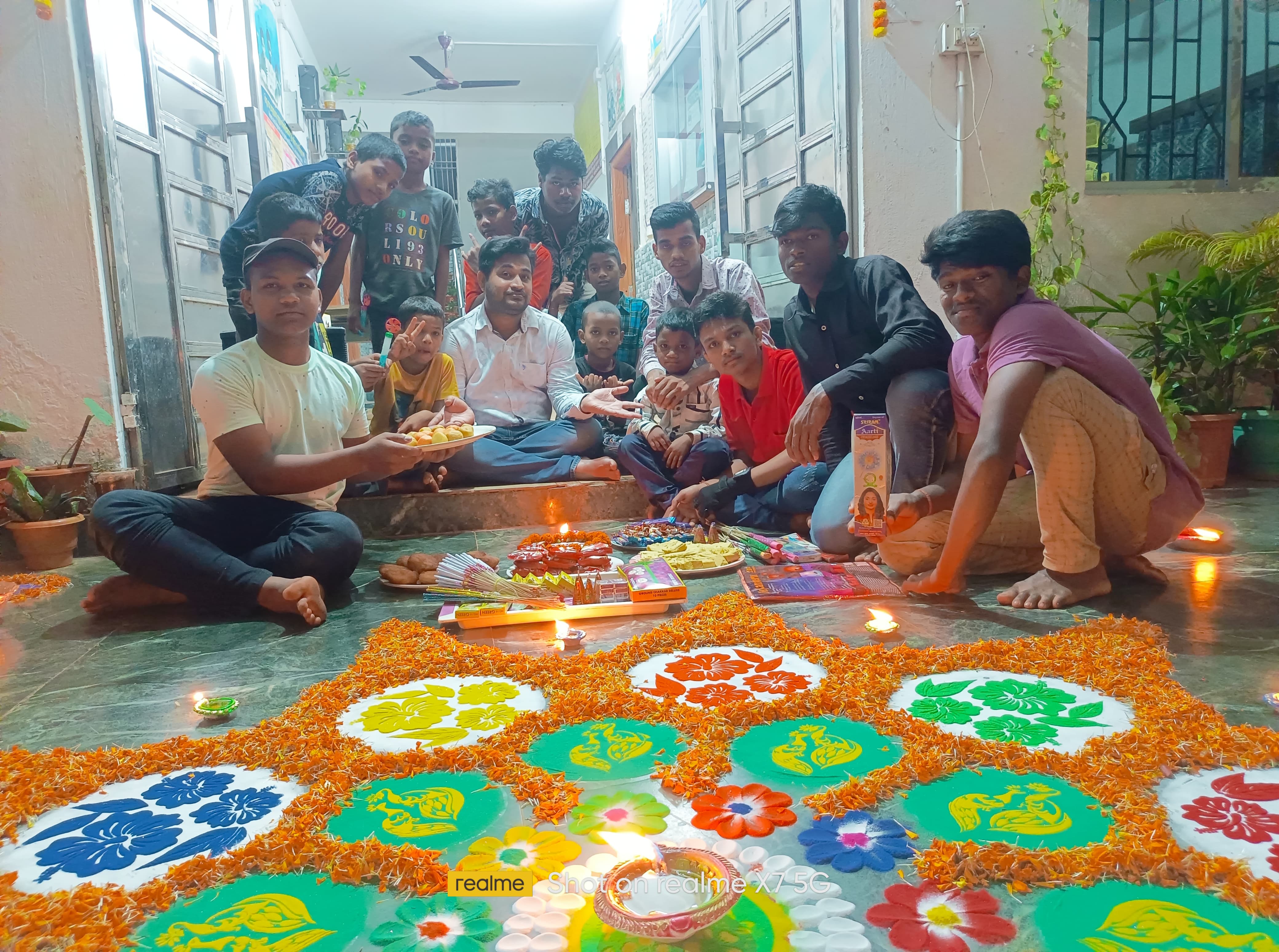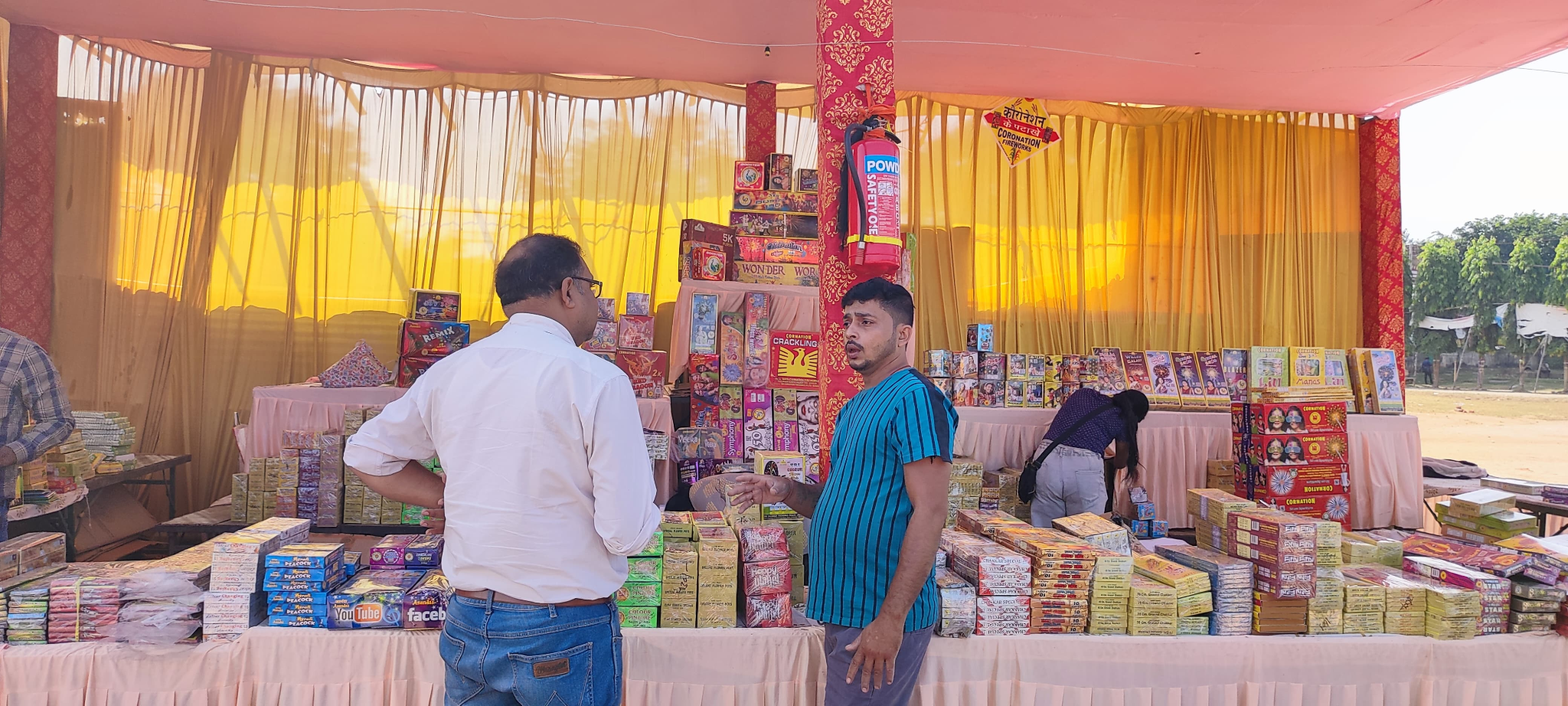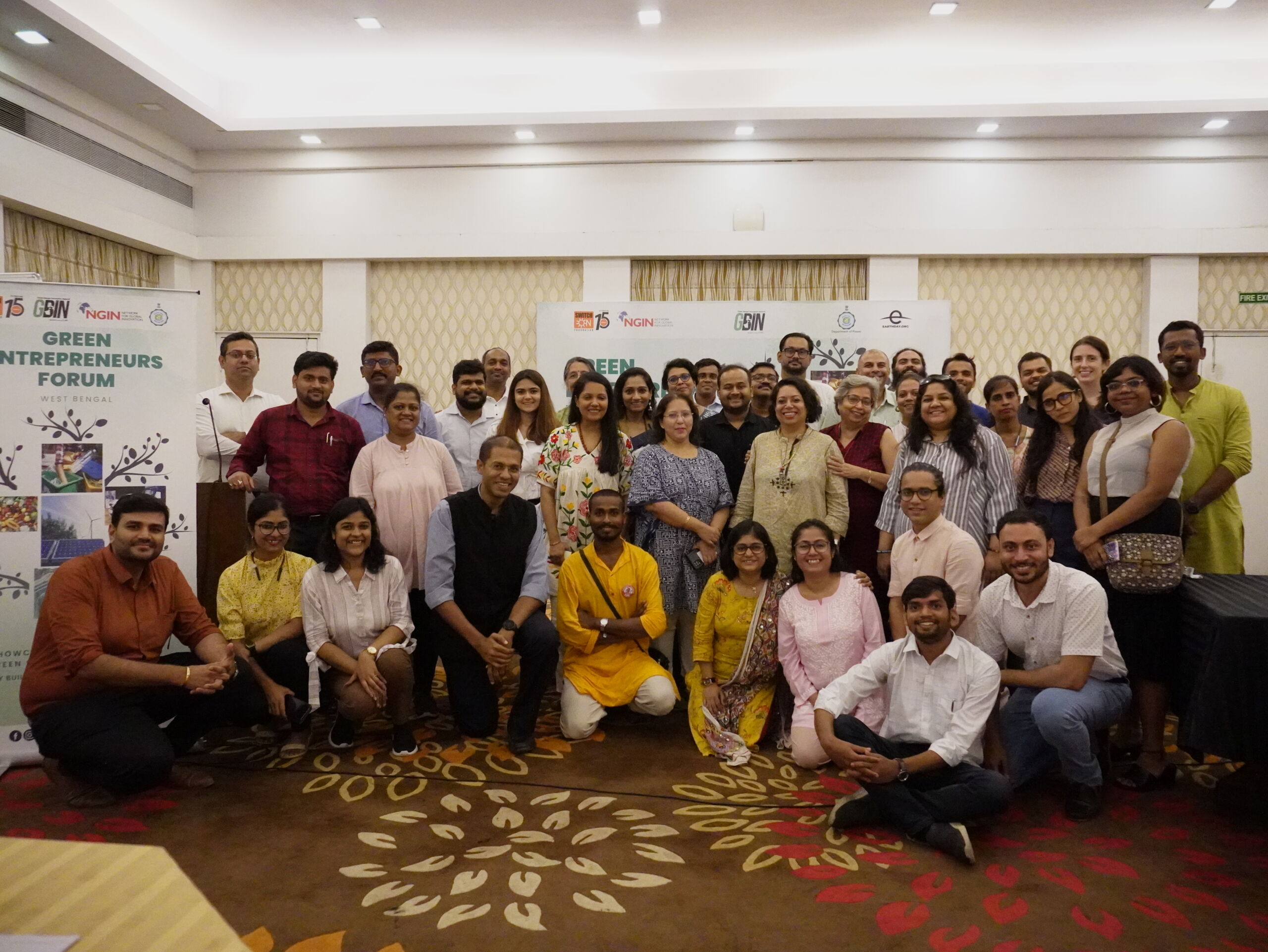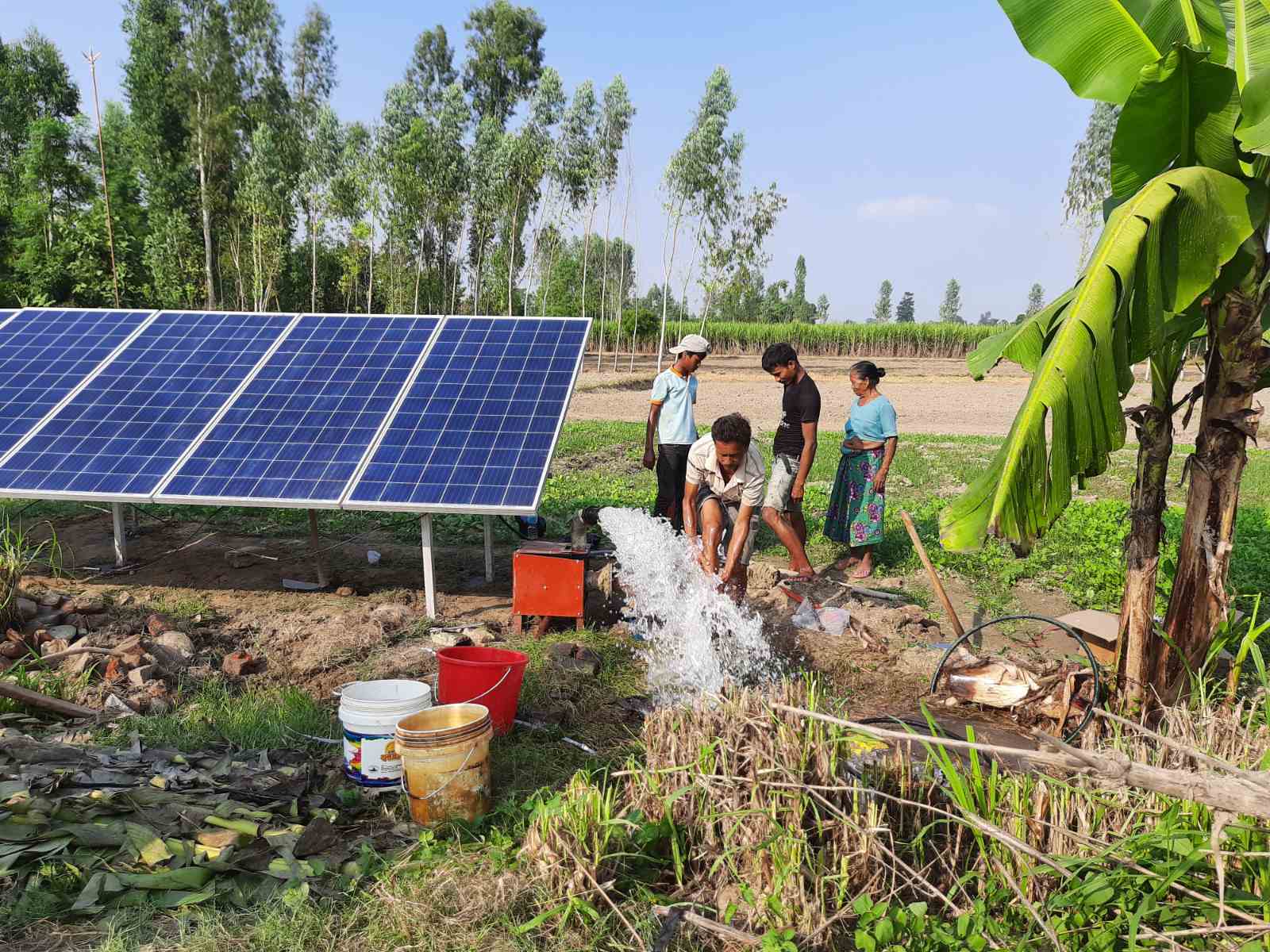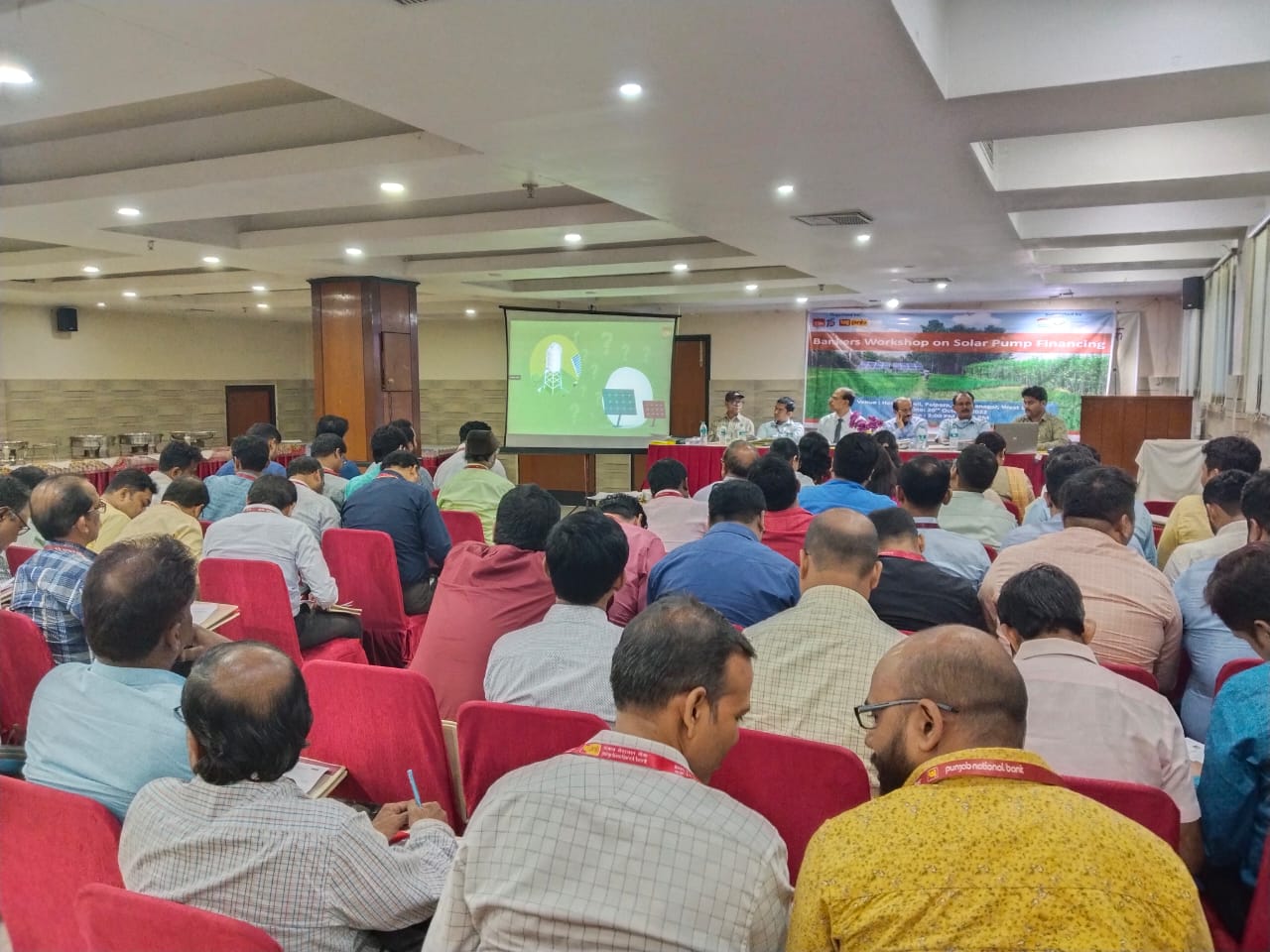Cities across West Bengal, which should be bustling with life and innovation, are becoming torture centres. In winter, they choke under thick smog, and in summer, they bake under relentless heat. Instead of thriving, our urban areas are becoming unbearable, with extreme heat and worsening air pollution. In 2024, West Bengal experienced record-breaking temperatures and one of its longest heat waves, amidst India remaining the third most polluted country globally, after Bangladesh and Pakistan.
Climate change is no longer just an environmental issue. It’s now a severe public health crisis and a growing economic problem. By 2050, climate impacts could cost India up to 5.21% of its GDP and increase heat-related deaths 25-fold. This summer, we saw record-breaking heat while last winter air quality dropped to dangerous lows. Shockingly, air pollution and heat waves kill more people each year than wars, diseases, disasters, and hunger combined. This highlights the urgent need for us to act now to protect our cities and our future.
Trees making way for Cars
At the heart of the urban heat and pollution crisis is the rapid increase in private vehicles and extensive tree cutting. As more roads are built and cars flood the streets, pollution and the urban heat island effect worsen. This loss of green cover escalates humidity levels, leading to dangerous wet-bulb temperatures—a deadly mix of heat and moisture.
Some Indian cities now host over 2 million private vehicles, with approximately 2,000 new vehicles added daily. Concurrently, nearly 100,000 trees are felled daily across India for infrastructure projects.
Pollution and heat levels are increasingly surpassing human survivability limits each year. Severe heat can induce hyperthermia, and pollutants entering our bloodstream can critically impact vital organs such as the brain and heart. Yet, as seasons change, we often neglect these issues and fail to take consistent action. LEZ’s will also solve issues of congestion and deaths due to road accidents.
Without sustainable urban planning and greener solutions, our cities—home to nearly 40% of India’s population, equivalent to Europe’s total population—risk becoming uninhabitable.
The Solution: Establishing Low Emission Zones (LEZs)
To tackle rising temperatures and worsening air quality, we urgently need Low Emission and Clean Air Zones (LEZs) in Indian cities. LEZs will restrict or ban polluting vehicles from designated areas, reducing vehicular emissions and pollution. These zones will allow only walking, non motorized transport and Electric public transport. LEZ’s will have lots of green spaces, further cutting pollution and heat. Urban forestry within LEZs will lower temperatures , reduce humidity and mitigate the urban heat island effect.
Successful examples have been adopted in many very busy cities globally including London’s Ultra Low Emission Zone (ULEZ) and Madrid’s Central Zone. London, one of the world’s most congested cities, established a LEZ and saw a 50% reduction in black carbon and NO₂ levels. Following suit, Berlin plans to ban cars from a 88 square km area, while Barcelona is redesigning its center to limit cars on major roads, allowing only residents and deliveries with a 10 km/h speed limit. Adopting green cover has also shown massive benefits to cities, New York and Barcelona increased their green cover by 12%, reducing air pollution by 10% and the urban heat island effect by 5%. Similarly, Multan in Pakistan increased its green cover by 5%, resulting in a 5% drop in air pollution and a 3% reduction in the urban heat island effect.
By adopting and tailoring such models to our context, such an integrated approach will make our cities safer and more resilient for future generations.
Implementing LEZs: A Strategic Approach
Implementing Low Emission Zones (LEZs) involves these key steps:
- Public Engagement and Expert Collaboration:
- Raise Awareness: Educate the public on the health and economic benefits of cleaner air and cooler cities.
- Engage Stakeholders: Work with city planners, experts, and civil society to identify suitable zones and pilot projects.
- Invest in Sustainable Solutions:
- Generate Revenue: Impose fees on private vehicles entering LEZs to fund public transport and green spaces.
- Expand Green Cover: Develop urban forests and green spaces to reduce heat and pollution.
- Robust Enforcement:
- Ensure Monitoring: Implement strict controls to prevent unauthorized vehicles from entering LEZs.
- Use Technology: Deploy technologies like Automatic Number Plate Recognition (ANPR) for effective enforcement.
India has committed to carbon neutrality by 2070, and has launched initiatives like FAME promoting electric mobility, GRAP to reduce pollution and programs to establish 200 urban forests. NITI Aayog and other think tanks have issued guidelines for LEZ implementation, and cities like Delhi are considering it.
As we adapted during the COVID lockdown, let’s proactively invest in solutions that improve public health, save costs, and create cleaner, cooler urban environments. The time for action is now.
Media Dossier
For more information please contact Vinay Jaju (93311 78105)


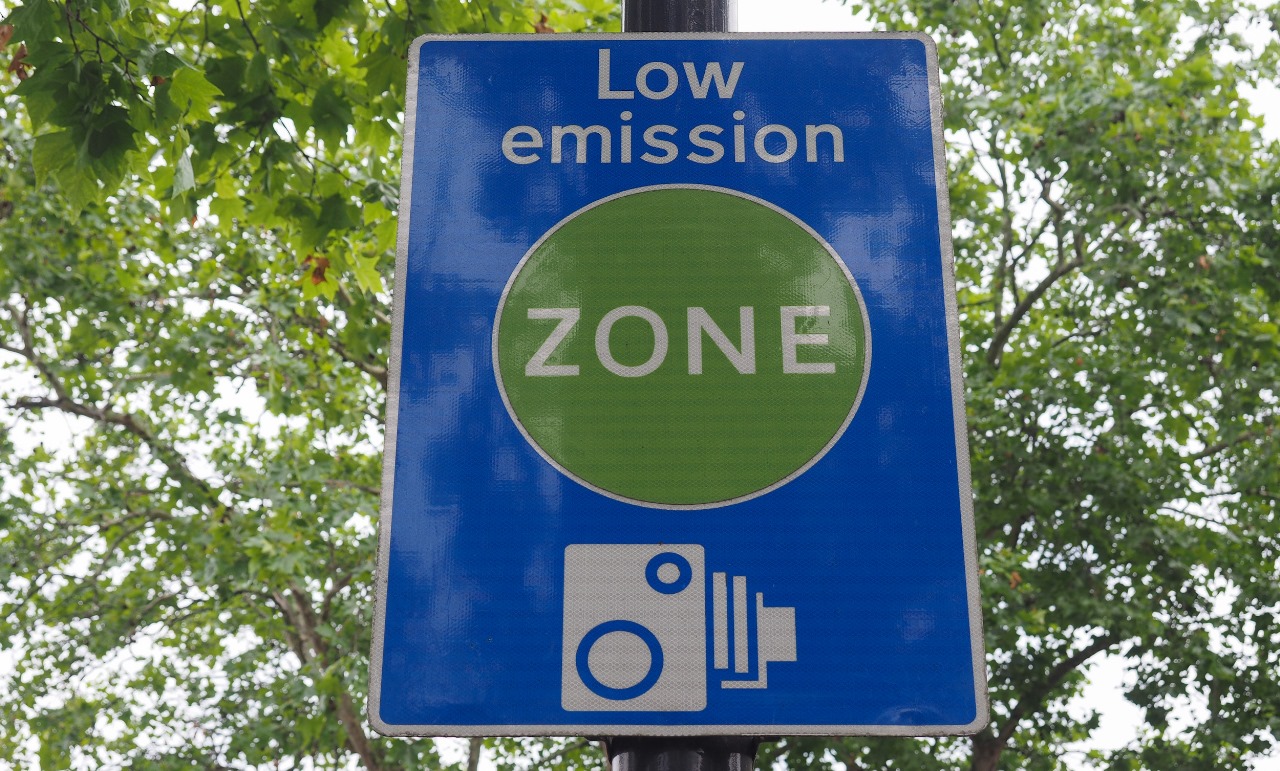

 11
11  3
3 
